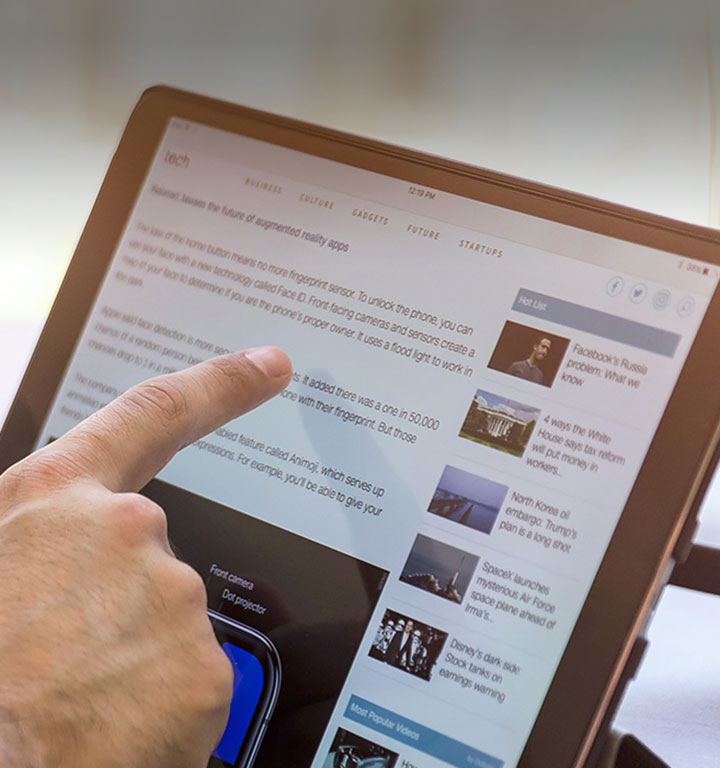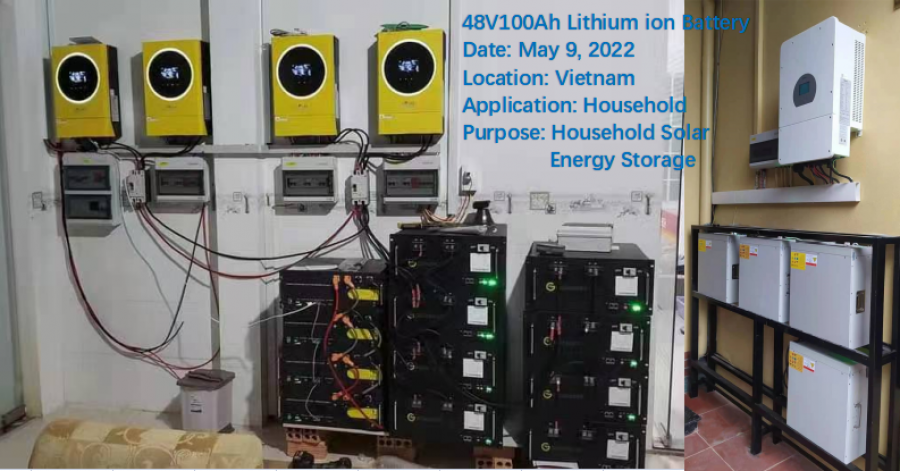

48V lithium batteries have many applications in real life, such as home energy storage systems, telecommunication batteries, data center backup power supplies,etc. So what is 48V lithium batteries? Pandpower has collected and sorted out some information about 48V lithium batteries, and will take you an in-depth understanding of 48V lithium batteries!
48V lithium-ion battery can be divided into ternary lithium battery, lithium iron phosphate battery, lithium titanate battery according to the positive electrode material. For example, the voltage of a single lithium iron phosphate battery is 3.2V, we can connect 16 of the same module in series to get 48V lithium battery pack.
The single battery on the market is generally around 3.7v, but many times the operating voltage range is a little larger and there is clearly a problem of insufficient voltage. At this time to increase the battery voltage battery pack and the modular battery comes along, and in the many high voltage batteries, 48v lithium-ion batteries are commonly used.
48V Lithium-ion Battery Protection Board
48V lithium-ion battery protection board, i.e. the circuit board that plays a protective role. It is mainly composed of electronic circuits, which can accurately monitor the voltage of the battery cell and the current of the charging and discharging circuit at all times under the environment of -40℃ to +85℃ and control the on/off of the current circuit in time.
Li-ion battery protection board can play the role of charging and discharging protection for series and parallel connected battery packs, and at the same time can detect the over-voltage, over-current, over-temperature, under-voltage and short-circuit status of every single battery in the battery pack to prolong the service life of the battery and avoid the damage of the battery due to over-discharge. Lithium battery protection board is an indispensable component of lithium batteries.
48V Lithium-ion Battery BMS
The 48V Li-ion battery management system (BMS) determines the status of the entire battery system by detecting the status of each individual cell in the Li-ion battery pack and implements corresponding control adjustments and strategies for the Li-ion battery system based on their status to achieve charge and discharge management of the Li-ion battery system and each individual cell to ensure safe and stable operation of the Li-ion battery system.
48V Lithium Battery BMS Features
● Lithium-ion battery management system consists of management host (CPU), voltage and temperature collection module, current collection module, and communication interface module.
● It can detect and display the total voltage, total current, and reserve power of the lithium-ion battery pack; the voltage of any single cell and the temperature of the battery box; the highest and lowest single cell voltage and cell number, the highest and lowest temperature, and the charge and the discharge amount of the battery pack.
● The lithium-ion battery host also provides an alarm and control output interface for over-voltage, under-voltage, high temperature, low temperature, over-current, short circuit, and other limit conditions.
● RS232 and CAN bus interfaces are provided to read all the information on the Li-ion battery management system directly on the computer.
48V Lithium-ion Battery vs. Lead-acid Battery
With modern home power storage systems, you have a choice between two battery technologies: lead-acid and lithium-ion batteries. Which one you choose depends on your personal preference. Both technologies have their advantages and disadvantages.
Energy density by weight
At present, the energy density of lithium battery is generally 200~260wh/g, while that of lead-acid is generally 50~70wh/g. The weight energy density of a lithium battery is 3~5 times that of lead-acid, which means that the capacity of lithium battery is three to five times stronger than that of a lead-acid battery under the same weight, so lithium battery has an absolute advantage in energy storage.
Volume energy density
Since the volume energy density of a Li-ion battery is usually about 1.5 times that of a lead-acid battery, a Li-ion battery is about 30% smaller than the lead-acid battery in the same capacity.
Service life
The most popular lithium battery materials are lithium ternary and lithium iron. For example, ternary lithium batteries usually have 1000 cycles, LiFePo4 batteries have more than 2000 cycles, and lead-acid batteries usually have 300-350 cycles. Then it means that the life of lithium batteries is about 3-6 times that of lead-acid batteries.
Price Cost
Lead-acid batteries are currently cheaper than lithium batteries, which are about three times more expensive than lead-acid batteries. However, by lifetime analysis, lithium batteries have a longer life if the same cost is used.
Environmental Protection
Lead-acid batteries are very polluting, while lithium batteries are relatively greener in terms of production and recycling.
In all, it is wise to choose Pandpower 48V Lithium Battery for household or backup. Below is our application in Vietnam.
